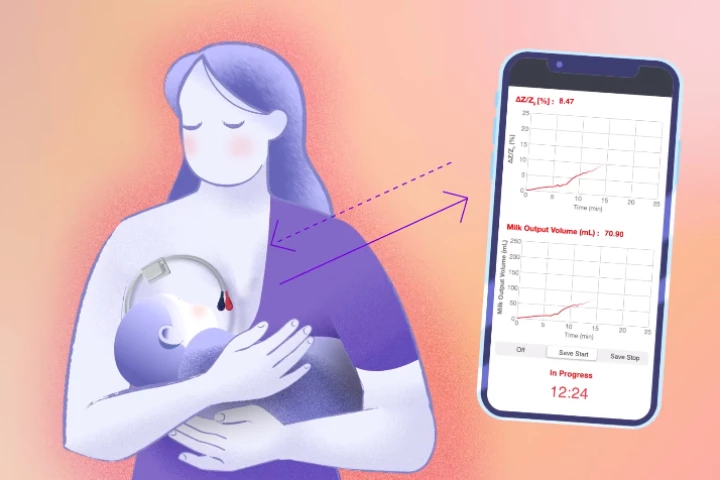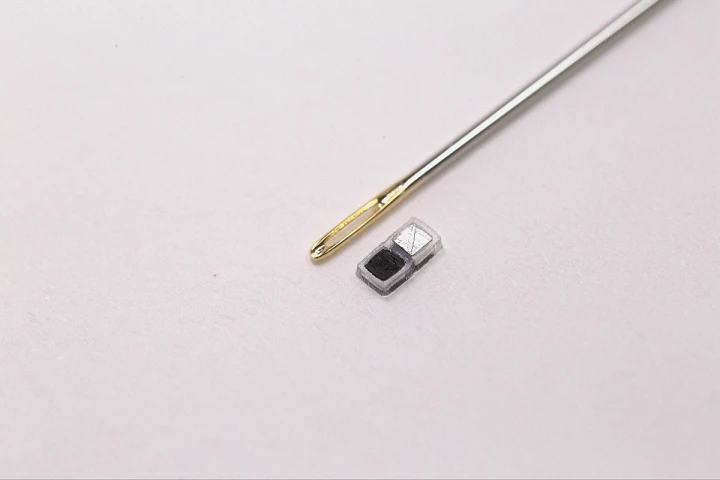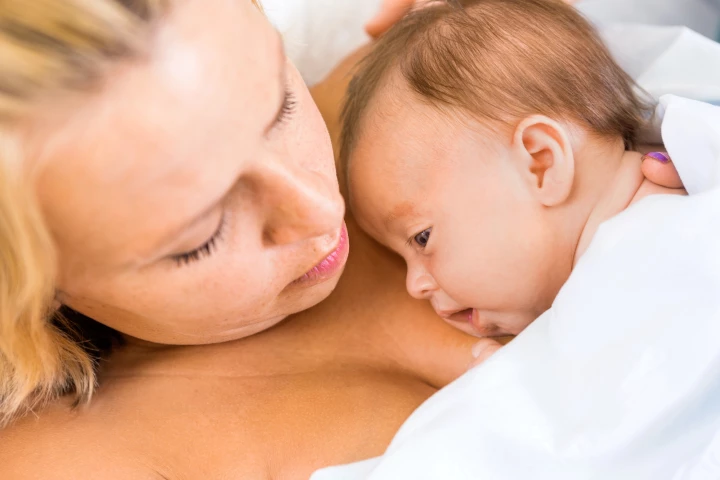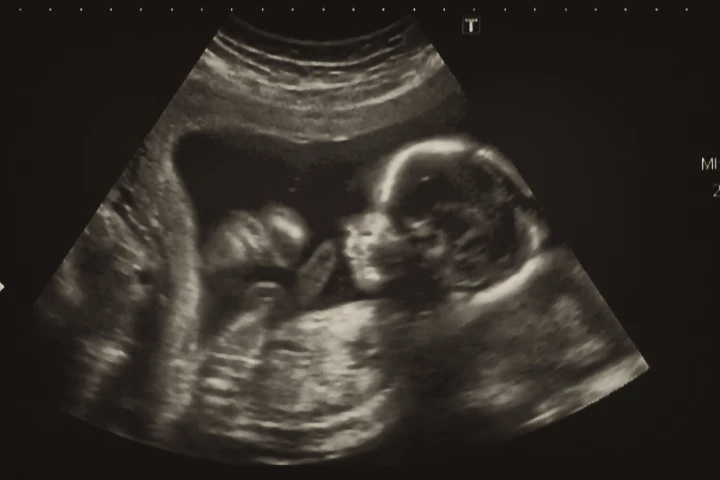Baby
-
While many parents extol the virtues of breastfeeding, it can be hard to tell how much milk a breastfeeding infant is consuming. A new wearable device addresses that problem, using an electrical current to gauge milk intake in real time.
-
Acetaminophen can be a big help to mothers suffering postpartum body pain, but it ain't great for newborn babies. An experimental new lactation pad was designed with that fact in mind, as it measures how much of the drug is present in breast milk.
-
Engineers at Illinois' Northwestern University have developed the tiniest pacemaker you'll ever see. It's several times smaller than a regular pacemaker, and it's designed for patients several times smaller than the average pacemaker user.
-
Why don’t we remember specific events during those crucial first few years, when our brains worked overtime to learn so much? A new Yale study finds evidence that we do form memories, but can’t retrieve them.
-
In what shouldn't come as a surprise to anyone, electric-assist baby strollers are now a thing. And if you're wishing that your old-school manual stroller had a motor … well, the Easy-Way kit is designed to give it one.
-
For babies born with a certain heart defect, implantation of a "shunt" is essential to their survival. A new type of shunt can be expanded using light after it's been implanted, potentially eliminating the need for more heart surgeries down the road.
-
For low-birth-weight (LBW) babies, skin-to-skin contact with their mother can literally be a lifesaver. A new high-tech necklace ensures that they get enough of that snuggling, while also providing essential data on their vital signs.
-
Love it or hate it, but the way humans modify their speech when they communicate with their young offspring, commonly known as "baby talk," has now been recorded among bottlenose dolphin mothers. It's the first time it's been heard, too.
-
While studies show that natural human breast milk is the best food for babies, storing the stuff in a frozen state has its drawbacks. That's where a new laser-enabled system comes in, which allows milk to be powdered without any loss in nutrients.
-
Even though vegan diets consistently emerge as a healthy way to eat, there are certain nutrients that are difficult to get without consuming animal products. Research has now found that two of them are produced by nursing vegan mothers, regardless.
-
Surgeons have successfully performed a first-of-its-kind procedure in utero to treat a potentially fatal genetic defect in the brain. Usually treated after birth, the new procedure could give newborns a better chance of a normal life.
-
Life-saving intensive care incubators play a critical role in a newborn’s start to life, but researchers have found that they may also be exposing babies to louder, resonating noise that increase the risk of damaging their sensitive hearing.
Load More











